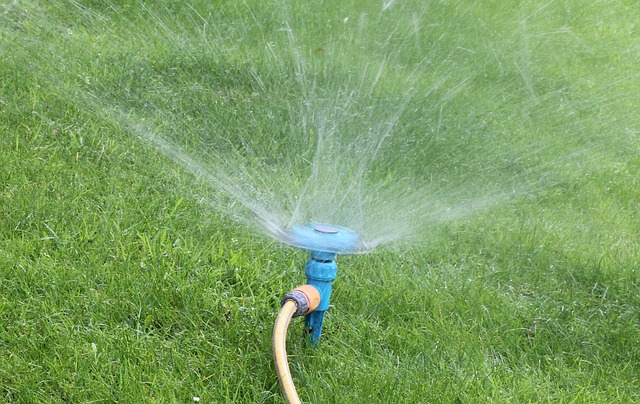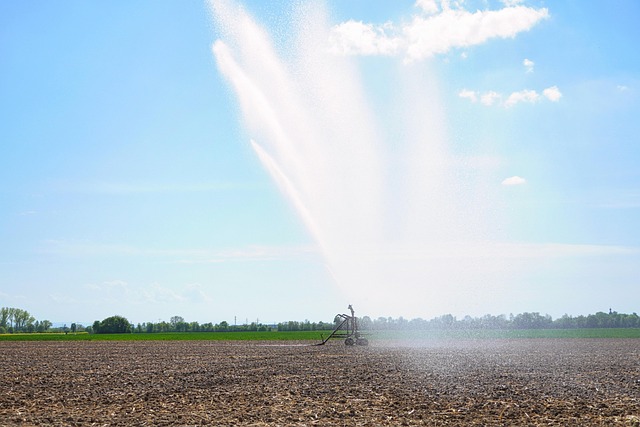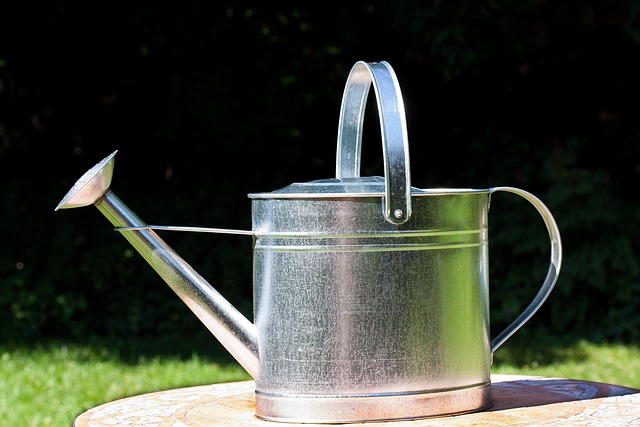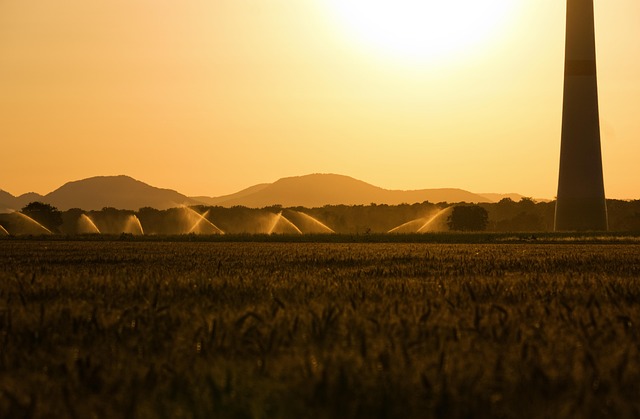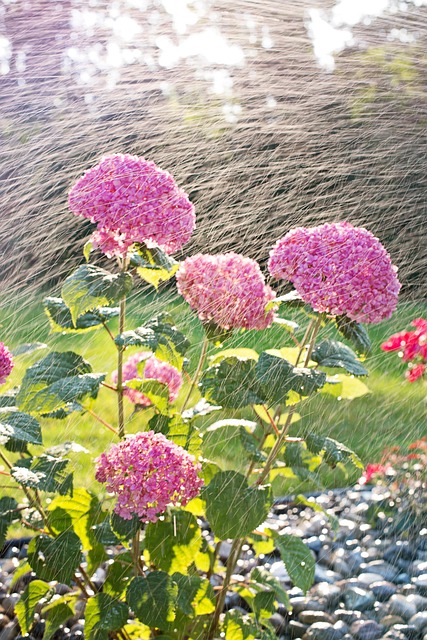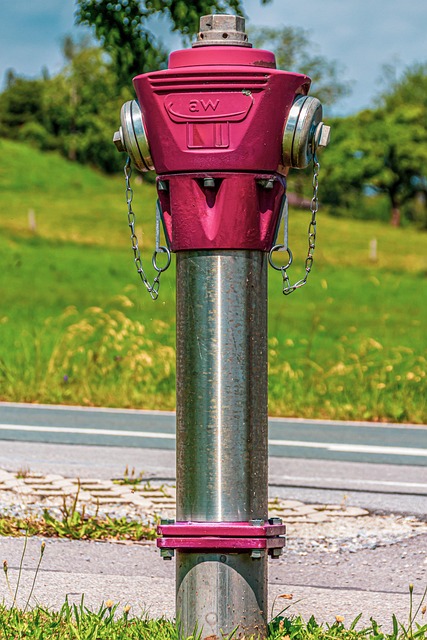In Portland, Oregon, effective irrigation system installation is key to thriving landscapes despite varied microclimates. Professional installers consider soil types, vegetation, and sunlight to design tailored systems using advanced technologies like smart controllers and drip irrigation. They adhere to local regulations and sustainability practices, fostering lush, responsible water management. "Irrigation System Installation in Portland, OR" offers a comprehensive guide, emphasizing tailored designs for efficient water usage, cost savings, and seasonal landscape health.
“Discover the art of professional irrigation planning in Portland, Oregon. This comprehensive guide explores the intricacies of Irrigation System Installation in the city’s unique landscape. From understanding the local climate and soil conditions to key considerations for efficient water management, we delve into best practices. Learn how strategic irrigation layouts can benefit commercial properties, reduce water consumption, and foster sustainable landscapes. Optimize your Portland garden with our expert insights on Irrigation System Installation Portland OR.”
- Understanding Irrigation System Installation in Portland, OR
- Key Considerations for Effective Irrigation Planning
- Benefits and Best Practices for Commercial Properties
Understanding Irrigation System Installation in Portland, OR
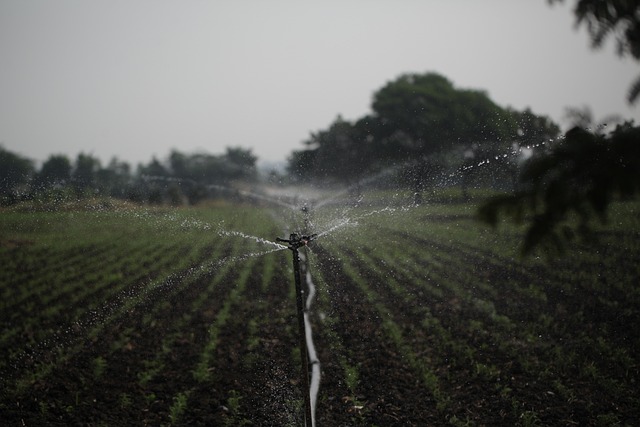
In Portland, Oregon, efficient and strategic irrigation system installation is paramount for landscapes to thrive in the region’s unique climate. The city’s diverse microclimates and varying rainfall patterns require tailored irrigation solutions to ensure plants receive the right amount of water at the appropriate times. Professional installers in Portland OR are equipped to navigate these challenges by designing systems that consider soil types, vegetation density, and exposure to sunlight, among other factors.
These experts employ advanced technologies such as smart controllers, weather data integration, and drip irrigation to optimize water usage while promoting healthy growth. By understanding local regulations and prioritizing sustainability practices, they create efficient layouts that meet the specific needs of each property, contributing to both lush landscapes and responsible water management in Portland OR.
Key Considerations for Effective Irrigation Planning
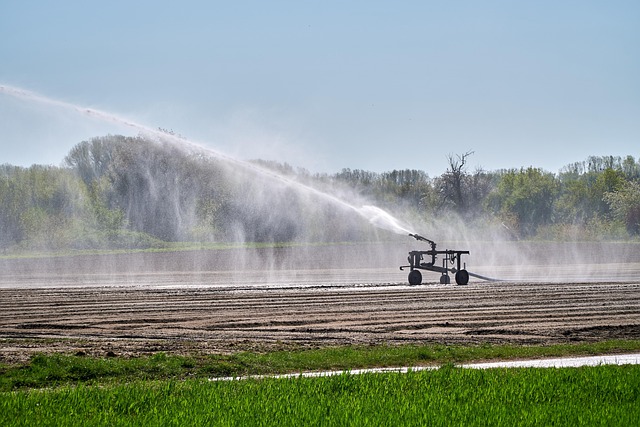
Benefits and Best Practices for Commercial Properties
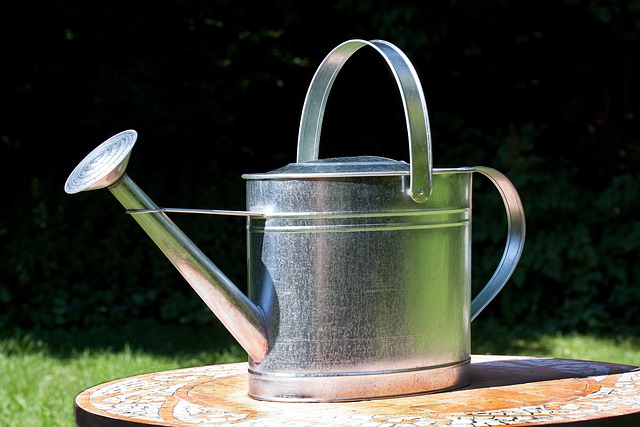
In Portland, Oregon, efficient irrigation planning and layout for commercial properties are essential not just for lush landscapes but also for water conservation and cost savings. A well-designed Irrigation System Installation Portland OR can significantly reduce water waste by providing targeted and precise watering where it’s needed most. This is especially crucial in a region with varying weather patterns, where overwatering can lead to high utility bills and environmental impacts.
Best practices include incorporating smart controllers that use weather data for automated adjustments, selecting drought-resistant plant materials, and strategically placing irrigation heads close to plants to minimize water loss from evaporation or runoff. Regular system maintenance, such as cleaning and repairs, ensures optimal performance year-round. Additionally, using drip or micro-sprinkler systems in specific areas can enhance efficiency by delivering water directly to plant roots, reducing waste through minimal overspray and minimizing soil moisture fluctuations.
Professional irrigation planning and layout in Portland, OR, are essential for creating sustainable and efficient water management solutions. By understanding the local climate and conditions, along with key considerations like soil type, drainage, and water availability, you can optimize your commercial property’s irrigation system. This article has highlighted the benefits of effective irrigation planning, including water conservation, improved plant health, and reduced maintenance costs. Embracing best practices for Irrigation System Installation Portland OR ensures a robust, long-lasting, and environmentally responsible watering infrastructure.
